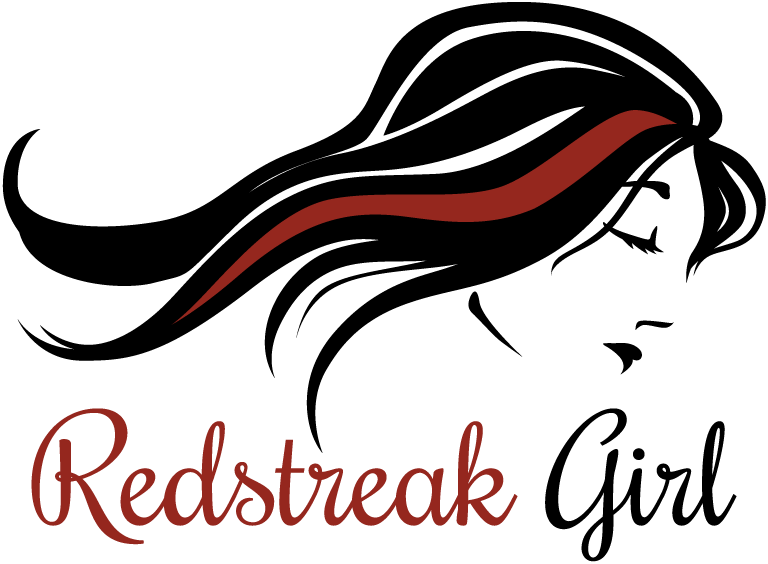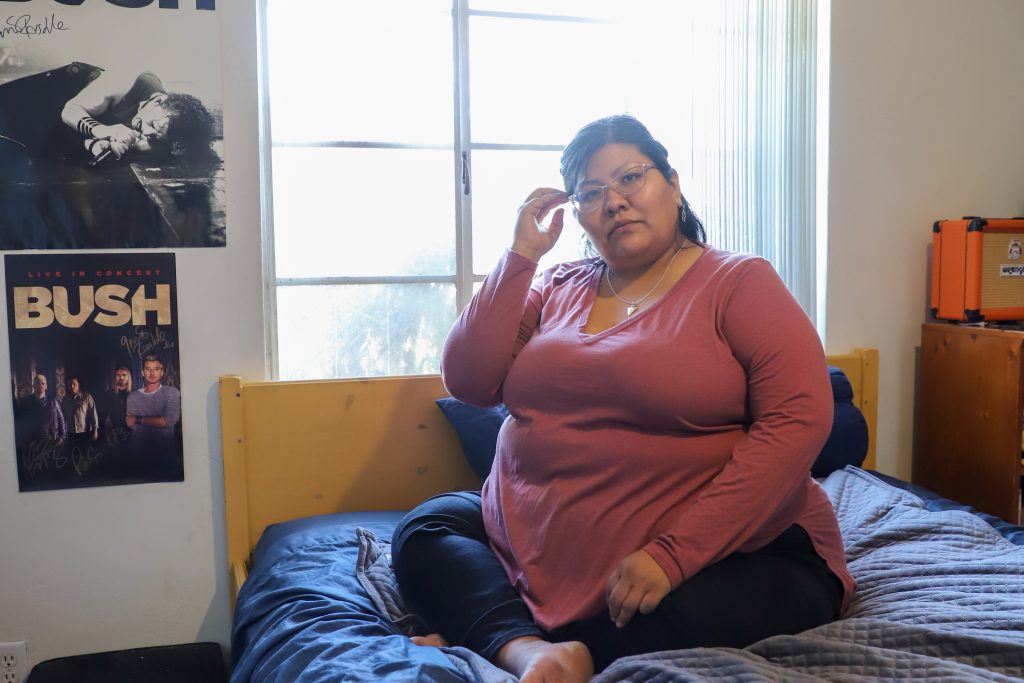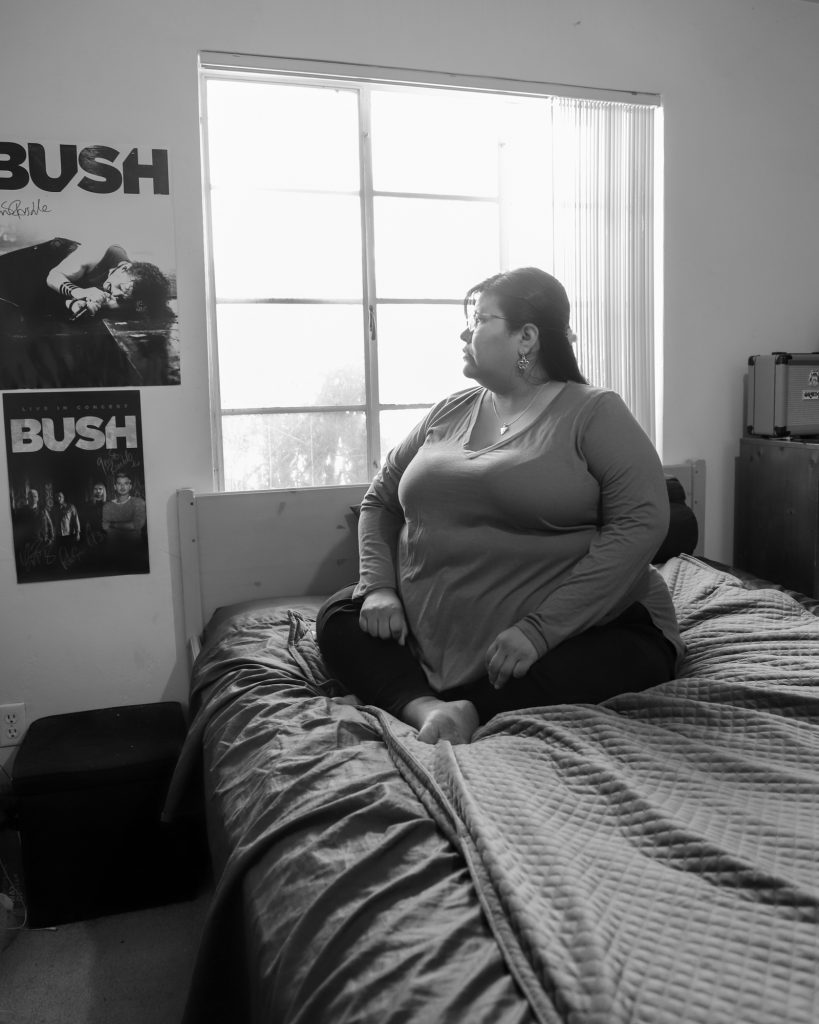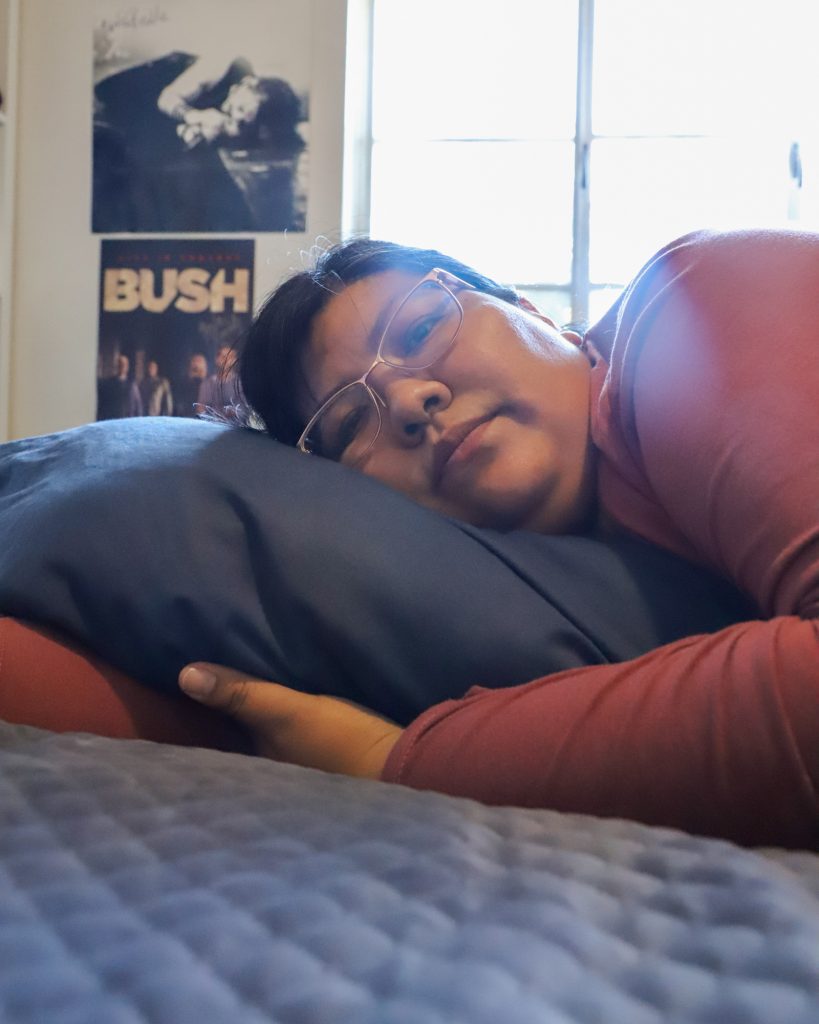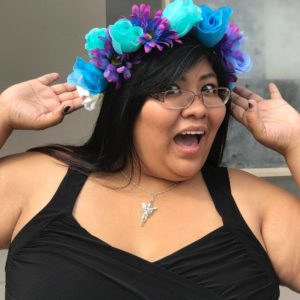I have been internally debating about whether to share what has recently been going on with me and why I disappeared off social media in March. [I realize I haven’t updated my blog for almost a year now but that’s a different story.] I decided to share my story because I think it shows a different perspective of one’s experience during the COVID-19 pandemic. Before getting into my story though, I want to share a quick timeline of our family’s efforts to self-isolate in Arizona.
My university started spring break on March 8, the second week of March. It was about this time that I (finally with my head out of my academic studies) fully realized the gravity and spread of the coronavirus pandemic. To be honest, I had heard about the spread of the coronavirus through international news throughout February but mostly about how hard it hit China and France. Wayne (my husband) and I decided to start practicing social distancing during spring break. By the end of spring break, K-12 schools were taking another week off to determine whether it would be safe to return to school; eventually K-12 schools closed for the remainder of the school year. At the same time, my university moved all in-person courses online and I was able to work-from-home for my PT research assistantship. Although Arizona hadn’t officially ordered a lock-down, we decided to isolate our family especially since I have been sick multiple times this year. I have asthma, and previously have developed bronchitis and pneumonia. Arizona’s official “Stay Home, Stay Healthy, Stay Connected” order came at the end of March and was a pseudo stay-at-home order. I say this because it seemed like all businesses were essential including salons (salons were eventually taken off the essential list in April). It is now May and we’ve been practicing stringent isolation with my husband and the kids, only going out for essential food runs.
++++
About mid-March, I got really sick. This was the fourth time I have been sick in 2020! But something felt different about this sickness. I had flu-like symptoms with a low-grade fever. After a virtual screening through the Indian Health Services (IHS), I was told to go to the ER and they would test me for the coronavirus — the virus that causes COVID-19.
Once at IHS, I explained my symptoms and how I was feeling: abdominal pain, diarrhea, chest pain, dry cough, shortness of breath, wheezing, body and muscle aches, headaches, low grade fever, and exhaustion. I was assessed by only a nurse, who told me that despite having symptoms of the coronavirus I didn’t meet the eligibility requirements for a test, as I did not travel internationally to a hotspot or I did not knowingly come in close contact with someone who had tested positive for COVID-19. I was also told that they were only testing people 65 years or over who had coronavirus symptoms.
Despite having all the symptoms, I was denied a test. Instead, I was diagnosed with a viral syndrome (whatever that is) and told to return if my symptoms did not improve. I was also told to self-quarantine, just in case.
So at home, we did our best to maintain a quarantine-like living situation. Wayne moved out of the bedroom. He set up a bed in the kitchen because the living room was occupied by my brother, who was living with us due to being furloughed from work. It was challenging to fully quarantine as the restrooms are separate from my bedroom and down the hall. Wayne began a daily sanitizing routine.
Well, within a few days my symptoms had not improved and my shortness of breath worsened. I no longer could walk from my bedroom to the kitchen without getting short-winded with chest pain or feeling faint. I was exhausted and slept all day.
Four days later, I learned that a nearby hospital started a drive thru testing site for the virus. After a virtual screening, I was approved to be tested. Now the long wait for results began. One night I had so much muscle aches and body/joint pain that I couldn’t sleep. I tossed and turned in pain. I hadn’t had body pain like this before. I cried all night. I was so scared. I was also scared for my family, for the unknown and uncertainty. I have asthma. I’ve had it since I was a child. I also have a history of developing bronchitis and pneumonia as does one of my kids. These sleepless nights were horrible.
A few days later, the lab called to explain that my sample was lost. A clerical error, I was told. By this time, I was sick for over a week, and my symptoms were not improving. Two days later, I received another call from the lab. They told me they found my sample and that my test for the coronavirus was negative. I have never felt so much relief. I cried. I was told I had to continue to quarantine for another 10 days to finish out the 14-day suggested timeframe.
That day I took a shower and while washing my hair I lost consciousness. The next thing I knew I felt my knee hitting the tub floor, my thigh hitting the side of the tub, and I was trying to grab the shower curtain or anything to stop my fall. I was scared at what just happened as everything went black, and, then, I fell. I don’t remember the moment I actually started falling, but I knew my fall was not caused by slipping. I kneeled in the shower trying to collect myself. Eventually I stood up to rinse my hair out. Suddenly, my vision went blotchy and started to fade to black, and my hearing began to fade out. I tried to call for help but couldn’t even hear myself. I could feel myself getting lightheaded and about to faint when Wayne grabbed me and helped me out of the shower. I couldn’t breathe, couldn’t see, and couldn’t hear. There was darkness and silence. My body crumpled.
Wayne helped me use my inhaler and slowly I came to, my vision and hearing slowly returned. He rushed me to the IHS ER where the nurse quickly hooked me up to machines. EKG normal. Blood pressure slightly elevated, but close to the normal range. To be expected given my experience.
After speaking with a doctor, they ordered more tests as he didn’t suspect coronavirus, despite having flu-like symptoms. Chest X-ray was clear. No pneumonia. Not dehydrated. Blood sugar fine. Then the doctor came in and told me that I have anemia. He asked if anyone took any blood tests when I came in last week and I said no. His face contorted. He appeared upset.
He told me that my red blood cell count was dangerously low. He said he debated a blood transfusion because of the low levels. He explained he decided against it because of the extreme risks. I immediately felt like throwing up at the thought of a blood transfusion, but I also felt a small sense of relief in knowing what was happening with my body and why something felt different about this sickness. I was discharged after midnight, and, on the ride home, I started to recognize that I had been having symptoms of anemia for the last few months. A dizzy spell here–some shortness of breath there–exhaustion throughout. Being anemic must have exacerbated my “viral syndrome.”
But I can’t help but think about the what-ifs. What if my red blood cell count was just a pinch lower? I would have needed a blood transfusion, placing me at even further risk. Or, what if I had fallen out of the tub and hit my head on the ceramic tile? A potential concussion or maybe worse? While these are hypotheticals, perhaps my current diagnosis would have been identified earlier? Potentially saving me from losing consciousness in the shower? What if the healthcare system was adequately able to handle the needs of both emergencies and a pandemic (well, I’m sure we wouldn’t be in the current climate now)? Or, what if concerns of out-of-pocket costs and long waits to be scheduled and seen didn’t prevent me from visiting a doctor months earlier when I started experiencing symptoms of anemia?
The pandemic definitely impacted my ability to get fully and accurately assessed the first time I went to the ER, and I think the doctor realized this when he asked me if I received blood testing the week prior. Not to mention how challenging it was to get tested for the coronavirus even when exhibiting all of the symptoms. I am thankful that my situation is not worse, but I know this is not the case for many people. I have friends who have lost loved ones to COVID-19, and our Tribal communities are losing families and knowledge holders. This really sucks. My experience really stresses the truly perilous nature of our healthcare system, and the importance of access to free universal health care.
++++
I wrote the above story at the end of March a few days after I was diagnosed with anemia. I feel that it is important for me to reread what I wrote because it’s a reminder to me when I question where I have been and why I haven’t been productive the last month. It helps to squash my feelings of defeat and guilt. I revisit my story because it’s a reminder that it is okay to take a break, and to take care of myself.
In mid-March when I first got sick, I informed my professors that I would be submitting assignments late because I was sick. This soon turned into, “I’m really sick and I won’t be able to turn in any assignments, so, what can we work out?” I even tried to convince myself that I could still push through in my classes even though I was sleeping the majority of the day due to my exhaustion, lightheadedness and overall pain. When I look back on April, I recognize all the symptoms of anemia, such as dizziness, lightheadedness, and major exhaustion. I was still losing my breath walking around the house. It is now May, and I am still feeling these symptoms albeit to a lesser extent. Coming out of all of this, I am so thankful I had a mentor who convinced me that it was okay to ask for incompletes from my professors and to finish my courses at a later date.
And mind you, while dealing with my own personal illness, my heart has been ripped apart by the devastation that COVID-19 is having on the Navajo Nation, other Native Nations, and around the world. The Navajo Nation’s land base is massive and towns are disbursed far apart, which means that relief has to travel far to reach families. Further, due to multi-family and multi-generational households, the coronavirus is severely impacting many people in a household at once. Like many others, I have been sad and worried for my friends and family who are in the middle of the coronavirus hotspot on the Navajo Nation. I have tears for all those, everywhere, who have lost loved ones. While I am physically ill and unable to assist, I find some comfort in knowing that nothing doing anything helps – I shouldn’t return home because I could potentially place others at risk, further burden the resources in my hometown, and potentially be a burden on the medical system if I were to contract COVID-19. Instead, I have financially contributed to various mutual aid response funds.
If you have the funds to support, please donate to these organizations who are providing direct on the ground mutual aid to Indigenous people:
- K’é Infoshop is based in Window Rock AZ and needs assistance with gas to deliver food/supplies to families & to cover the infoshop’s rent.
- Kinlani/Flagstaff Mutual Aid is offered through the Taala Hooghan Infoshop / Indigenous Action. They are based in Flagstaff AZ providing aid to the Indigenous unsheltered and families on the Navajo rez.
- Three Sisters Collective is based out of Santa Fe NM and is fundraising to assist Indigenous families with their living expenses through the support of the Santa Fe Indian Center.
- Navajo & Hopi Families COVID-19 Relief Fund is raising funds to provide food, water, & essential items so that Navajo & Hopi families can isolate and avoid traveling to towns/grocery stores. This relief fund is the largest effort to disburse food and supplies with help from smaller relief efforts such as K’é Infoshop who do the community distribution.
- Donate direct to the Navajo Nation’s COVID-19 Relief Fund for medical and community needs.
I know we are all in different situations and not everyone may be able to work from home, self-isolate, or have access to running water to wash their hands but I hope we can all do our best to keep each other safe. My heart is with you.
-Nicky
I am not a doctor or a medical expert and as such cannot diagnose or treat any medical issues. This blog shares information about my personal opinions and experiences. Please refer to your physician, local health authority, and the CDC to stay informed about the COVID-19 situation and to learn how to protect yourself and what to do if you are sick. https://www.cdc.gov/coronavirus/2019-nCoV/index.html
Photos taken sometime in April when I started to feel better.
